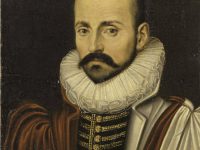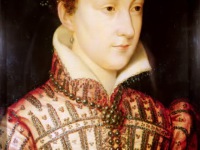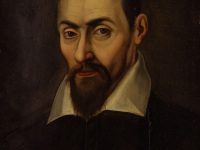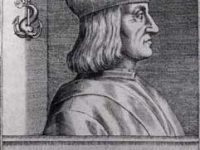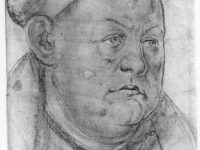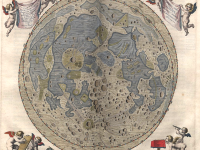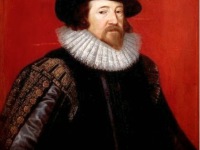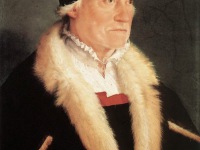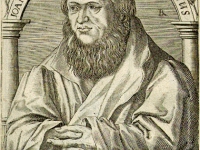Michel de Montaigne and the Art of Writing an Essay
On February 28, 1533, French philosopher Michel de Montaigne was born. Montaigne was one of the most significant philosophers of the French Renaissance, known for popularizing the essay as a literary genre. His work is noted for its merging of casual anecdotes and autobiography with intellectual insight. His massive volume Essais contains some of the most influential essays ever written. “We are, I know not how, double in ourselves, so that what…
Read more

